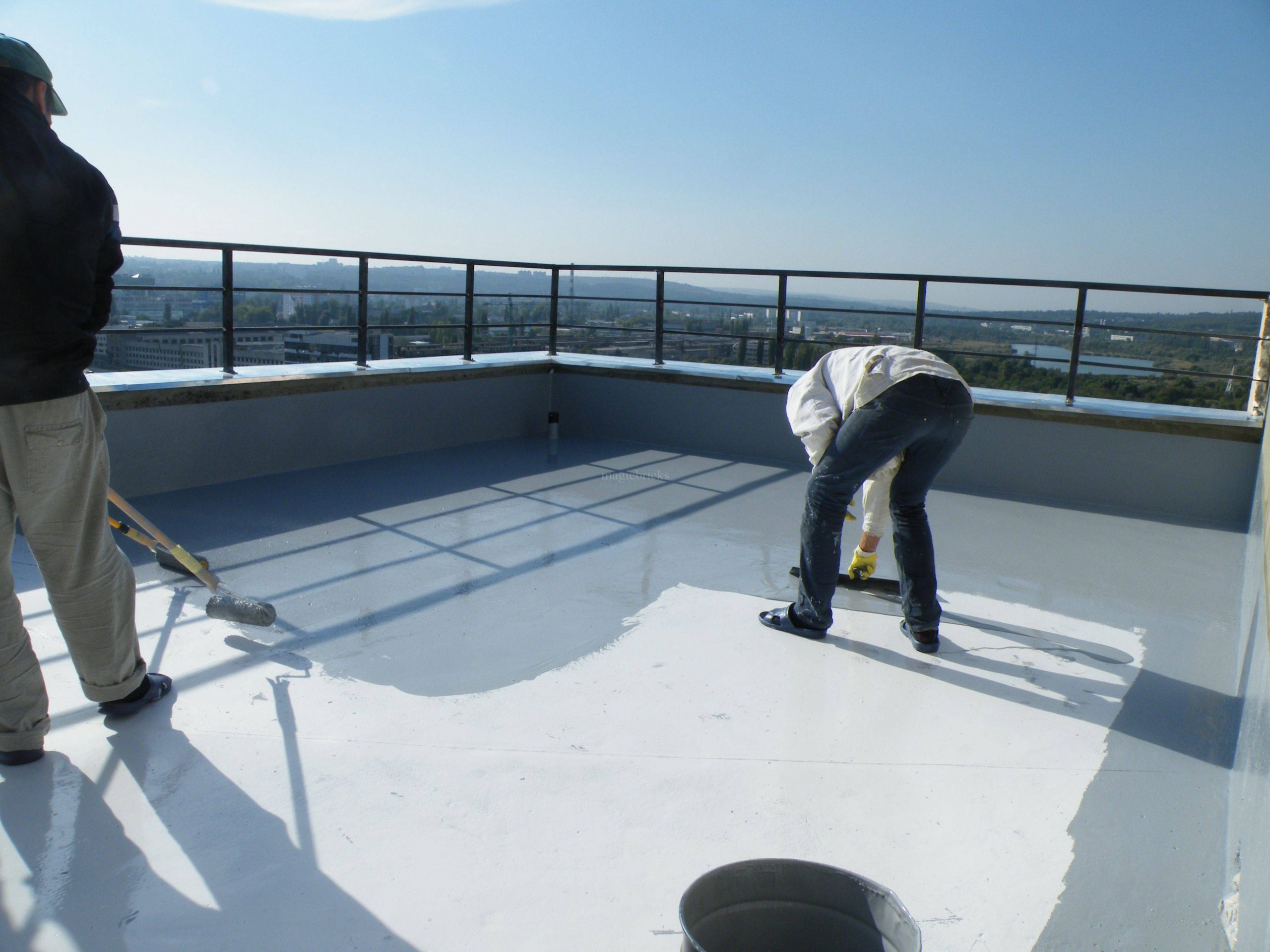Introduction
Roof waterproofing is a crucial step in protecting your home from water damage and extending the lifespan of your roof. Whether you have a flat, pitched, metal, or tiled roof, waterproofing can provide an essential barrier against the elements. But can roof waterproofing be applied to any type of roof? This blog explores the feasibility and methods of waterproofing for various roof types.
Understanding Roof Waterproofing
Roof waterproofing involves applying a protective layer that prevents water from penetrating the roof structure. Common waterproofing methods include membranes, coatings, and sealants, each tailored to different roof types and conditions.
Types of Roofs and Their Waterproofing Needs
Flat Roofs
Characteristics: Flat roofs are horizontal or nearly horizontal and are common in modern architecture and commercial buildings.
Waterproofing Methods: Common methods include bitumen membranes, liquid coatings, and synthetic single-ply membranes.
Advantages and Challenges: Waterproofing flat roofs is straightforward, but ensuring proper drainage is crucial to prevent water pooling and potential leaks.
Pitched Roofs
Characteristics: Pitched roofs have a slope or angle, which helps in natural water runoff.
Waterproofing Methods: Breathable membranes, underlayment, and roof coatings are typical waterproofing methods for pitched roofs.
Advantages and Challenges: The slope aids in water runoff, but the installation of waterproofing materials must account for the angles and joints.
Metal Roofs
Characteristics: Metal roofs are durable, lightweight, and often used in both residential and commercial settings.
Waterproofing Methods: Elastomeric coatings, seam sealing, and specialized metal roof paints are effective waterproofing solutions.
Advantages and Challenges: Metal roofs require specific waterproofing to address issues like rust and seam leaks.
Tiled Roofs
Characteristics: Tiled roofs use individual tiles made from materials such as clay, concrete, or slate.
Waterproofing Methods: Tile sealants, underlayment, and flashing are common waterproofing methods.
Advantages and Challenges: While tiles themselves are water-resistant, the gaps between them need effective sealing to prevent leaks.
Factors to Consider for Roof Waterproofing
Roof Material
The material of your roof influences the choice of waterproofing method. Ensure compatibility of waterproofing products with your roof material to achieve the best results.
Roof Condition
Assess the current condition of your roof before waterproofing. Address any existing damage or issues to ensure the waterproofing application is effective and long-lasting.
Climate and Weather Conditions
Consider local climate conditions when selecting a waterproofing method. In Sydney, where weather can be variable, choosing a method that withstands both heavy rain and intense sunlight is crucial.
Professional Waterproofing vs. DIY
Benefits of Hiring Professionals
Hiring professionals for roof waterproofing offers numerous benefits:
- Expertise and Experience: Professionals have the knowledge to select and apply the most suitable waterproofing method for your roof type.
- Quality Results: Professional application ensures that the waterproofing is thorough and durable, reducing the risk of future issues.
For expert services in Sydney, OzPix Discount Roof Restore offers comprehensive solutions for roof waterproofing in Sydney.
DIY Waterproofing Tips
For those considering DIY waterproofing, here are some basic steps:
- Clean the roof thoroughly.
- Repair any damage before applying waterproofing materials.
- Follow manufacturer instructions carefully.
However, DIY waterproofing comes with risks, including improper application and shorter lifespan of the waterproofing. Professional help is often the best route for effective and long-lasting results.
Conclusion
Roof waterproofing can indeed be done on any type of roof, provided the correct methods and materials are used. Flat, pitched, metal, and tiled roofs all have specific waterproofing needs and challenges. Understanding these requirements and choosing the right approach is essential for effective waterproofing.
Keep an eye for more news & updates on TimesAnalysis.Com!



